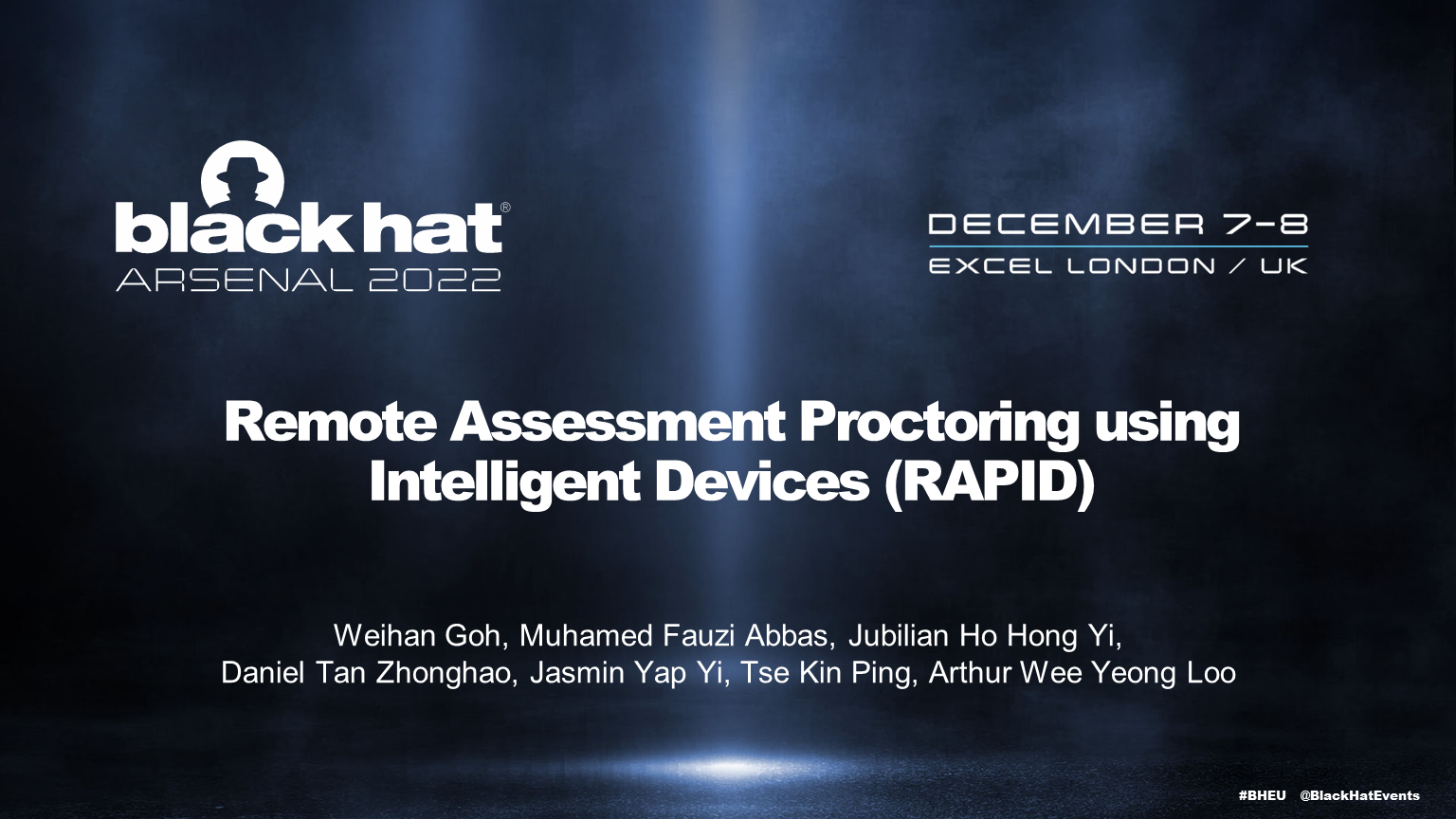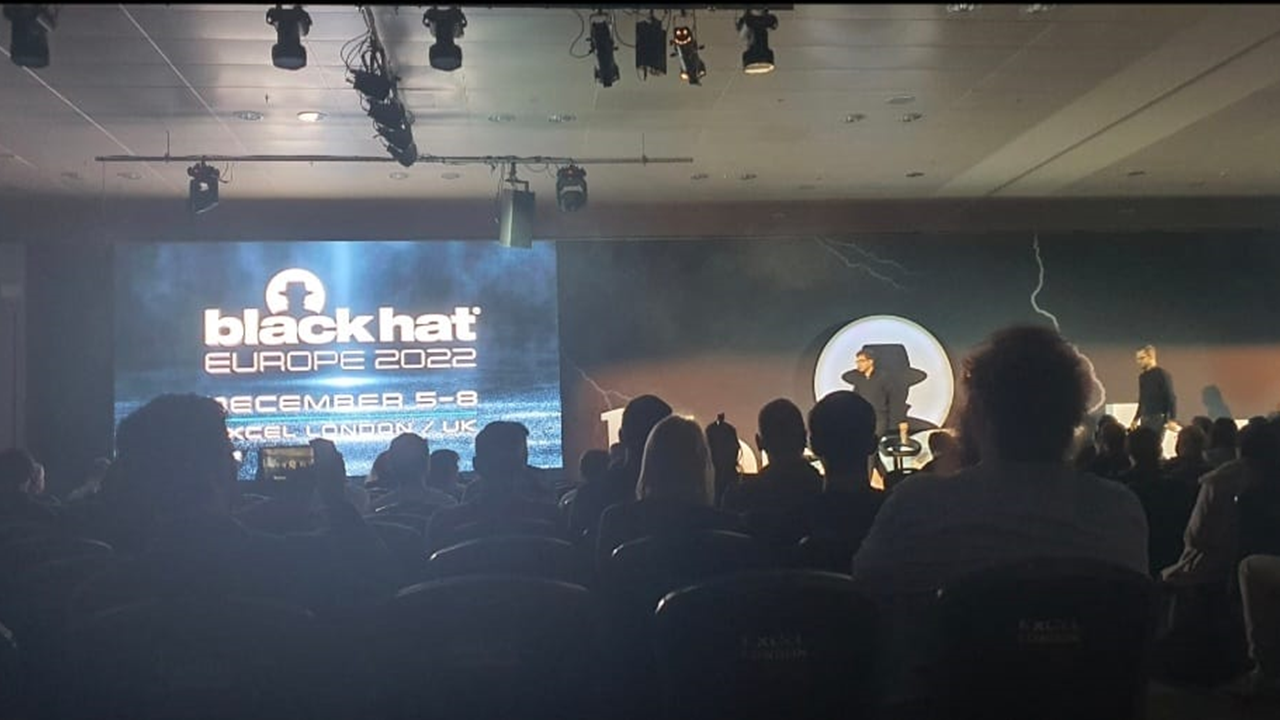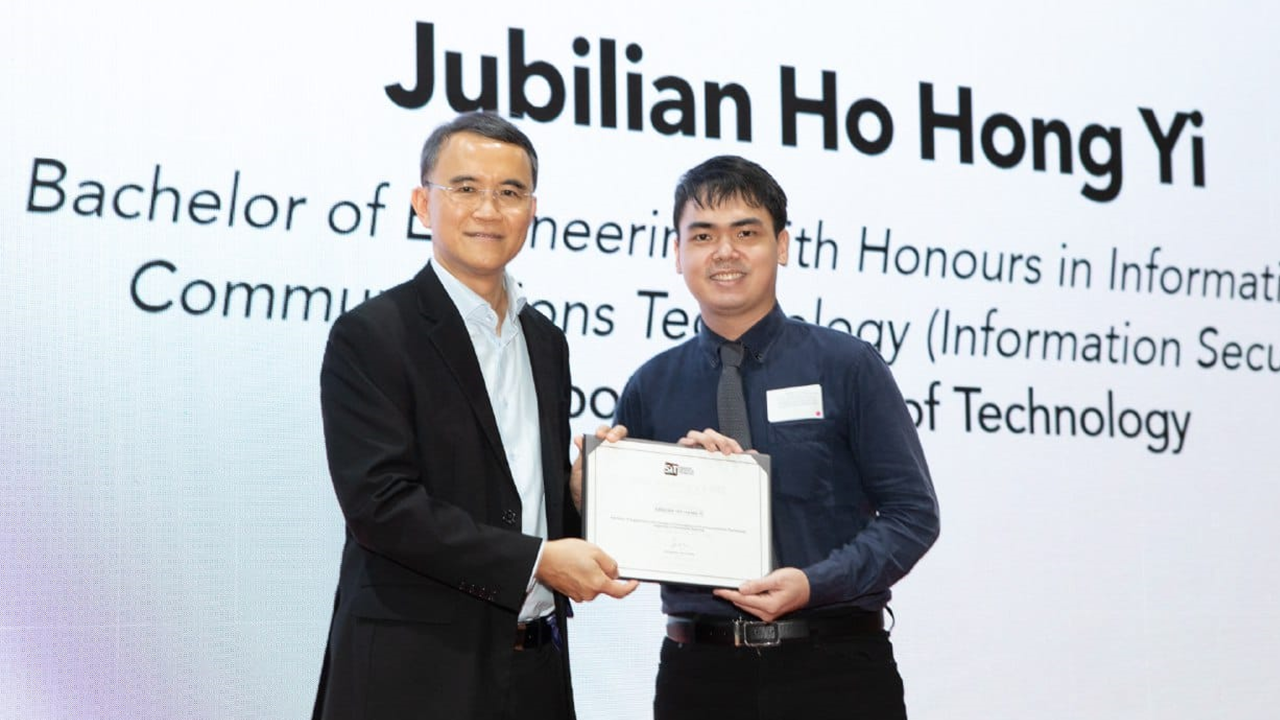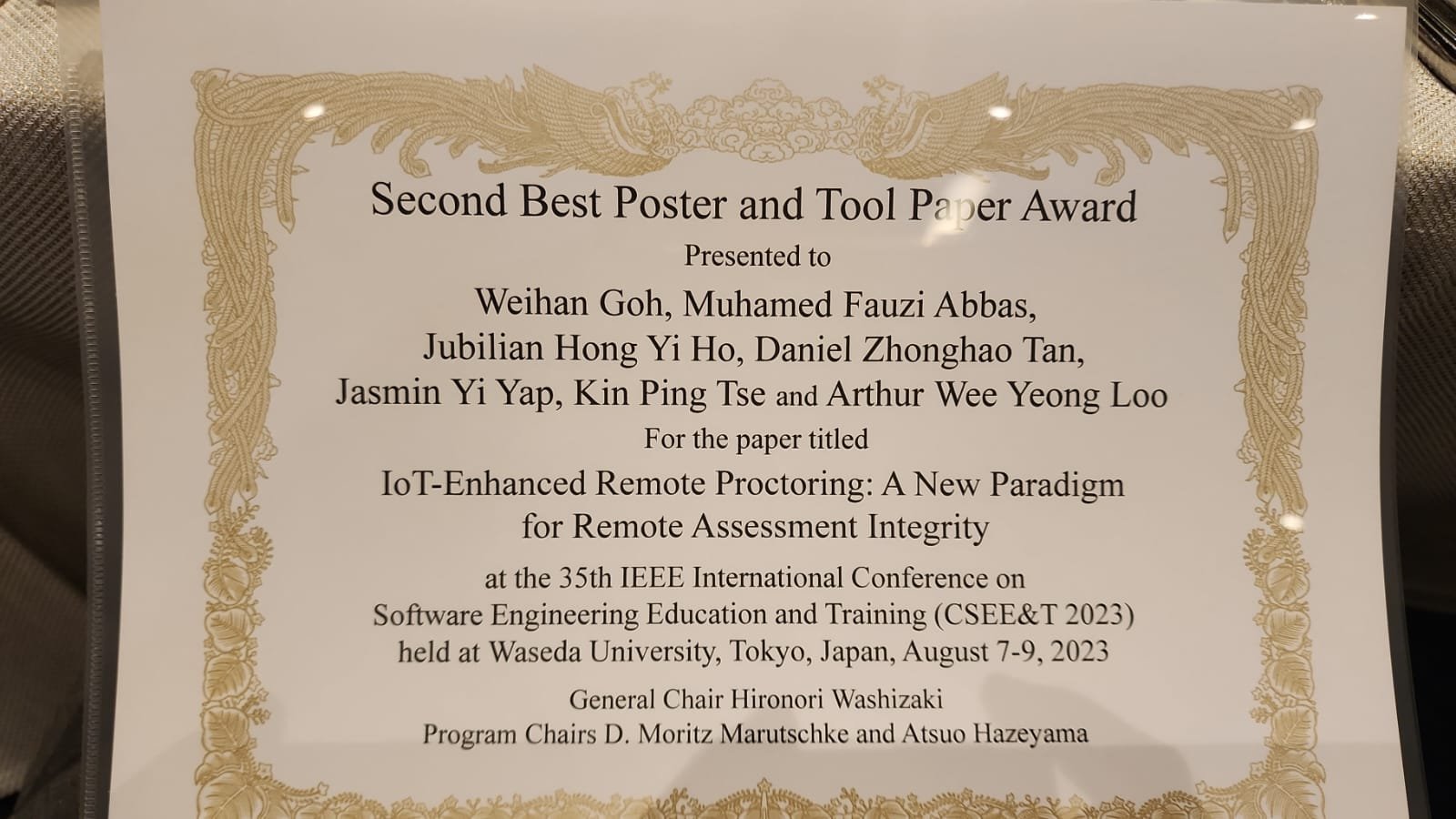Remote Assessment Proctoring using Intelligent Devices






Project Information
- Singapore Institute of Technology (SIT)
- 2022 - 2023
Many educational institutions have adopted online proctoring as a mean to conduct and ensure academic integrity during online assessments, spurred by the COVID-19 pandemic. Most of such remote assessment solutions are closed-source, and requires the installation of various libraries or dependencies; this introduces potential risk for students who would not be able to scrutinize, or have a say as to what is installed on their computers. Being closed source, such solutions can also be slow to react to mala fide actions to tamper and bypass measures put in place to deter cheating. In fact, one only needs to perform cursory searches online to find various ways to defeat some well-known closed-source remote assessment solutions. An author of this project have discovered novel means to seemingly disable all proctoring features of a particular well-known remote proctoring solution, potentially allowing test-takers free-reign to cheat.
To tackle the issue at hand, we introduce a proof of concept, open-source system for remote proctoring that does not require prior installation of any software or libraries. It leverages the Raspberry Pi Zero hardware that is programmed to inject fileless scripts into a Windows system to monitor surface level and internal activities during remote assessments. To deter mala fide attempts to tamper with this solution, we incorporate techniques typically used by malware and C2 infrastructure in the development of our solution, with the ultimate goal of using such techniques for good. Hence at the end of each proctoring session, this solution leaves no trace of its presence or any residue within the proctored environment.
The vision for this proof of concept and solution is to extend beyond its current scope to encompass other popular operating systems as well as enhance its capabilities to capture and analyze a larger volume of data more efficiently.
Authors / Contributors
- Weihan Goh
- Muhamed Fauzi Abbas
- Jubilian Ho Hong Yi
- Daniel Tan Zhonghao
- Jasmin Yap Yi
- Tse Kin Ping
- Arthur Wee Yeong Loo
Project Mentions & References